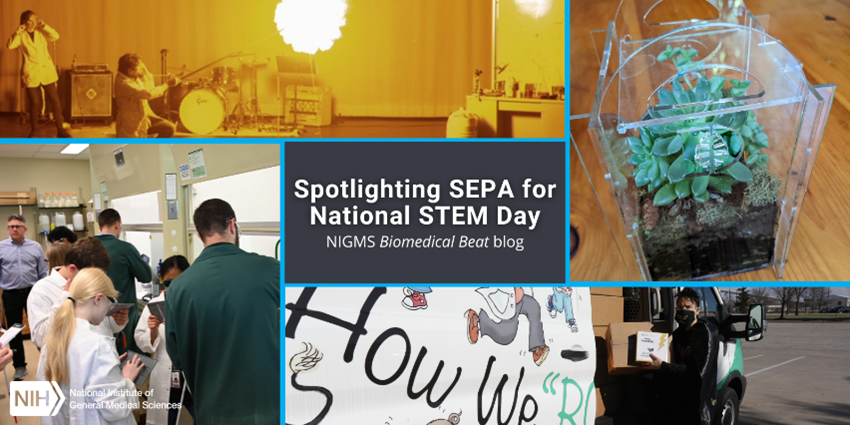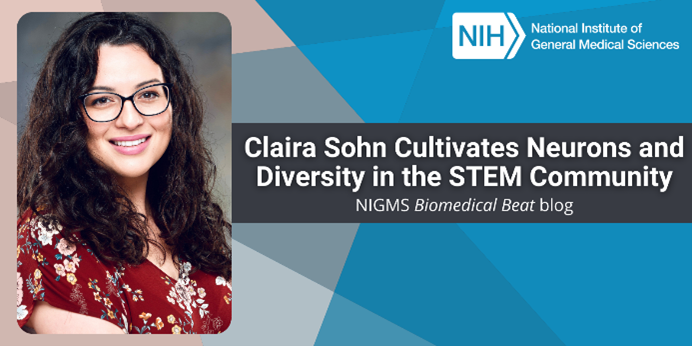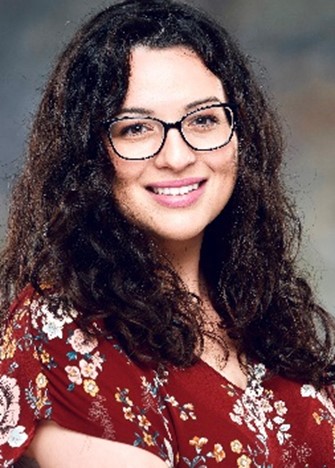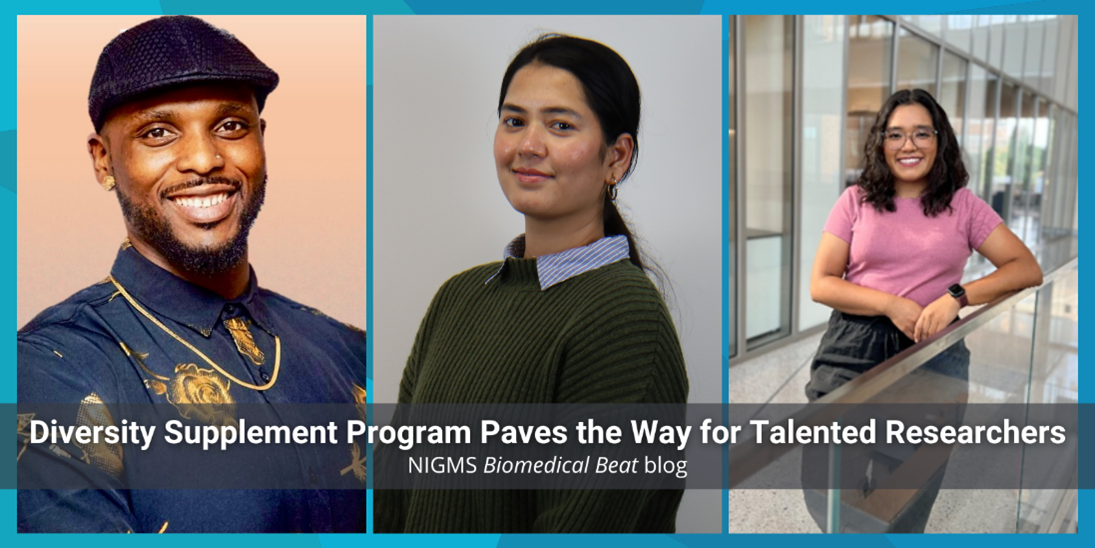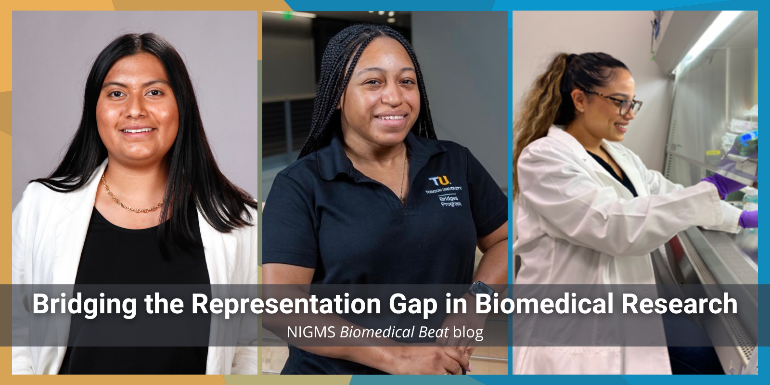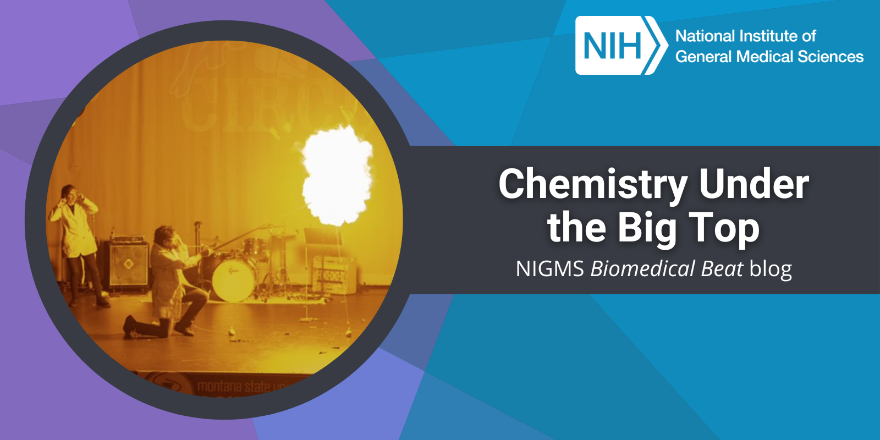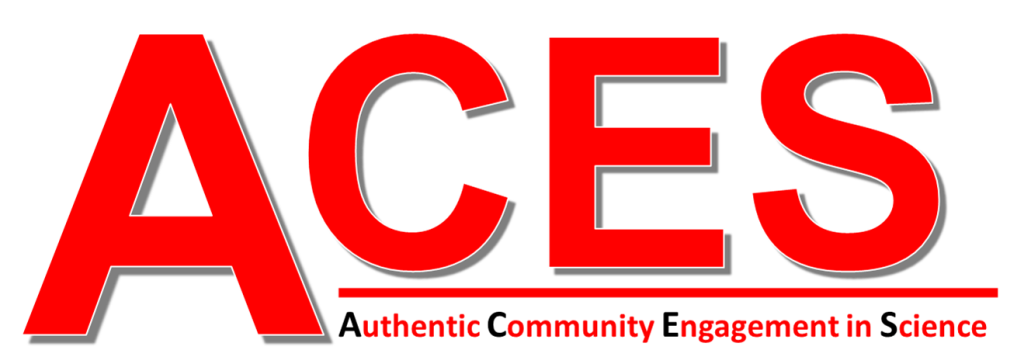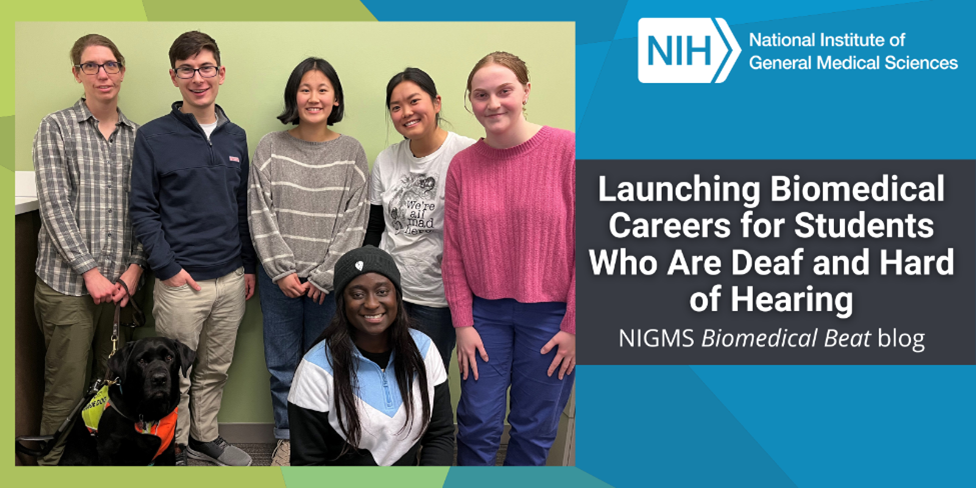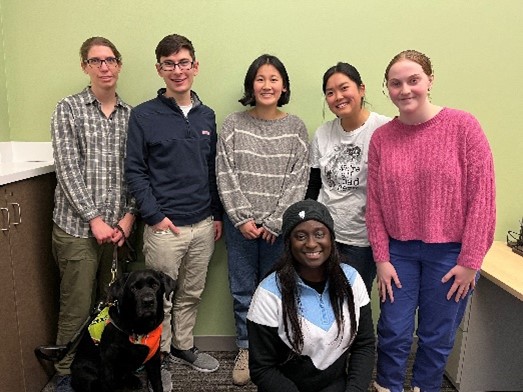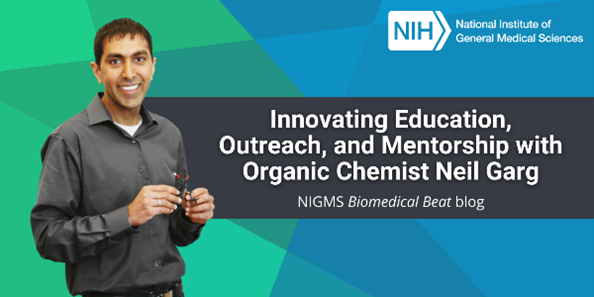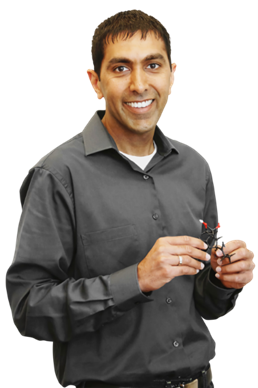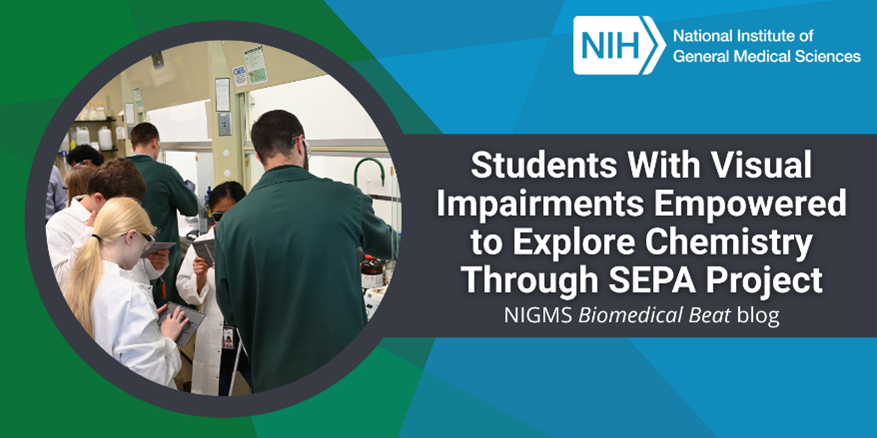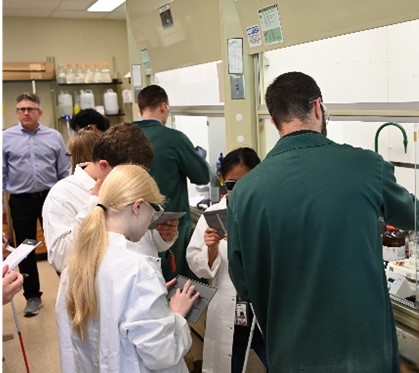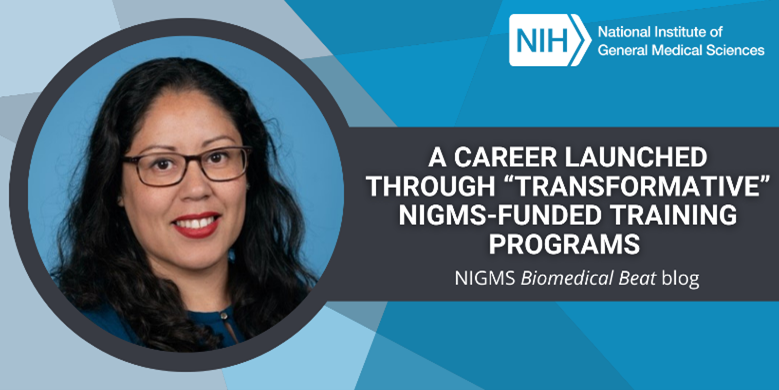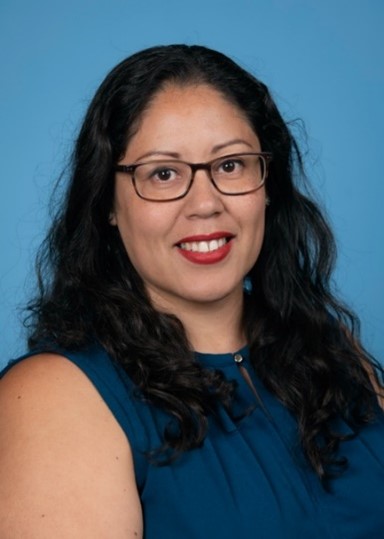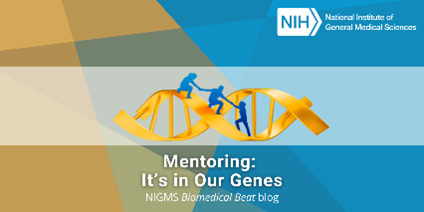The NIGMS Science Education Partnership Award (SEPA) program provides opportunities for pre-K-12 students from underserved communities to access STEM educational resources. SEPA grants support innovative, research-based, science education programs, furthering NIGMS’ mission to ensure a strong and diverse biomedical research workforce. SEPA projects generate resources that are mapped to state and national teaching standards for STEM and are rigorously evaluated for effectiveness; most are also available at no cost. These resources include mobile laboratories, interactive health exhibits in museums and science centers, educational resources for students, and professional development for teachers. Projects engage students and encourage them to envision themselves having careers in biomedical research.
To celebrate National STEM Day, we’re taking a look back at some of the SEPA projects we’ve recently featured on the blog, as well as our STEM teaching resources website, which includes several SEPA-funded materials. Check out the snapshots of each of the projects with links to the full articles and the teaching website below.
Continue reading “Spotlighting SEPA for National STEM Day”

